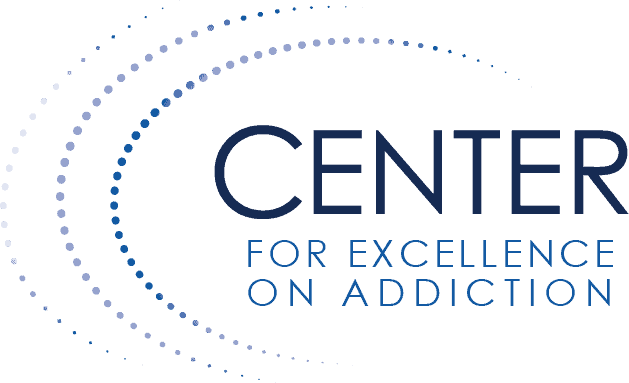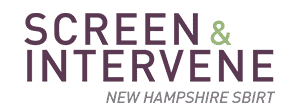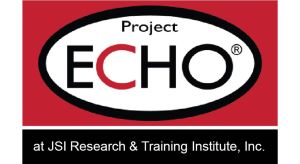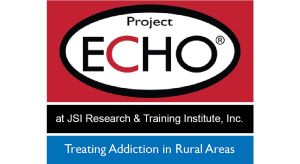Our Work
The Center for Excellence on Addiction works with and supports communities, practitioners, policymakers, and other partners, across the substance misuse continuum of care — including prevention, harm reduction, treatment and recovery.
Explore Our Work
NH Perinatal Substance Exposure Collaborative
The NH Perinatal Substance Exposure Collaborative, formerly the New Hampshire Governor’s Commission on Alcohol and Other Drugs Perinatal Substance Exposure Task Force, meets quarterly to provide space for collaboration and resource sharing, and to identify and support activities aiming to serve the needs of those impacted by perinatal substance exposure in New Hampshire.
NH Governor’s Commission on Alcohol and Other Drugs
The mission of the NH Governor’s Commission on Alcohol and Other Drugs is to significantly reduce alcohol and other drug problems and their behavioral, health and social consequences for the citizens of New Hampshire by advising the Governor and Legislature regarding the delivery of effective and coordinated substance misuse prevention, treatment, and recovery services throughout the state
New Hampshire Student Assistance Network
The New Hampshire Student Assistance Network (The Network) develops, aligns, and promotes Student Assistance Programs (SAP) based on the nationally recognized, evidence-based Project SUCCESS. In collaboration with the NH Bureau of Drug and Alcohol Services, The Network continues to support SAPs by providing group and individual technical assistance, a Community of Practice learning collaborative, and support with evaluation and sustainability planning.
Service to Science
New Hampshire’s Service to Science program allows substance use prevention programs (defined as any prevention program, practice or approach) that have been developed in the state to become designated as Innovative (Level I), Promising (Level II) or Evidence-Based (Level III).
Middle School YRBS
A middle school version of the Youth Risk Behavior Survey (MS YRBS) has been supported by the CDC since 1991 and is available to states and local schools for students in grades six through eight. Over the last 15+ years, many middle schools in New Hampshire have participated in the MS YRBS in order to inform community-based health initiatives. Center for Excellence staff have supported the administration, analysis and presentation of the MS YRBS data in partnership with school districts, prevention coalitions, and Drug-Free Community grantees.
The Partnership @drugfreeNH
The Partnership @drugfreeNH (The Partnership) is a public-private collaboration between the NH Department of Health and Human Services’ Bureau of Drug and Alcohol Services (BDAS), the NH Governor’s Commission on Alcohol & Other Drugs, the NH Charitable Foundation, the NH Center for Excellence/JSI. The Partnership envisions a New Hampshire where individuals have the information and skills they need to make and support positive, healthy decisions around the use of alcohol, tobacco and other drugs. Together we can help individuals, families, and communities of NH to get informed and get help when they need it.
Screen and Intervene: New Hampshire SBIRT
Screen and Intervene: New Hampshire SBIRT supports the implementation of SBIRT throughout New Hampshire as an effective prevention, intervention and public health strategy in multiple settings across the lifespan.
Treating Addiction Together ECHO
JSI developed the Treating Addiction Together ECHO to increase provider understanding and utilization of The American Society of Addiction Medicine (ASAM) Criteria in clinical decision-making. This ECHO was the first of its kind to focus its knowledge transfer on the utilization of the ASAM Criteria for substance use disorder treatment professionals.
Treating Addiction in Rural Areas ECHO
Treating Addiction in Rural Areas ECHO is part of HRSA’s Telehealth Technology-Enabled Learning Program (TTELP). This program works to strengthen the rural behavioral health care workforce by increasing participant knowledge and application of The American Society of Addiction Medicine (ASAM) Criteria in an effort to address current and emerging patient needs, improve the quality of SUD care in rural areas, and achieve health equity for rural residents and historically disadvantaged groups.








